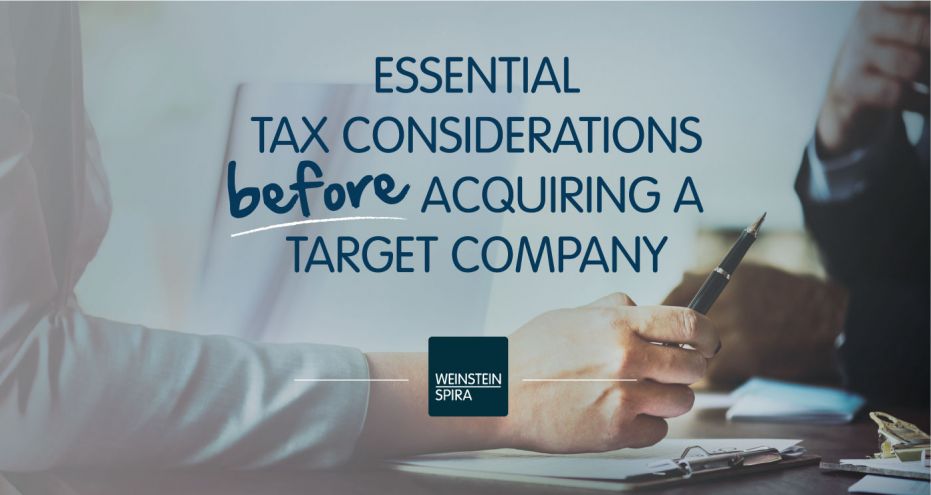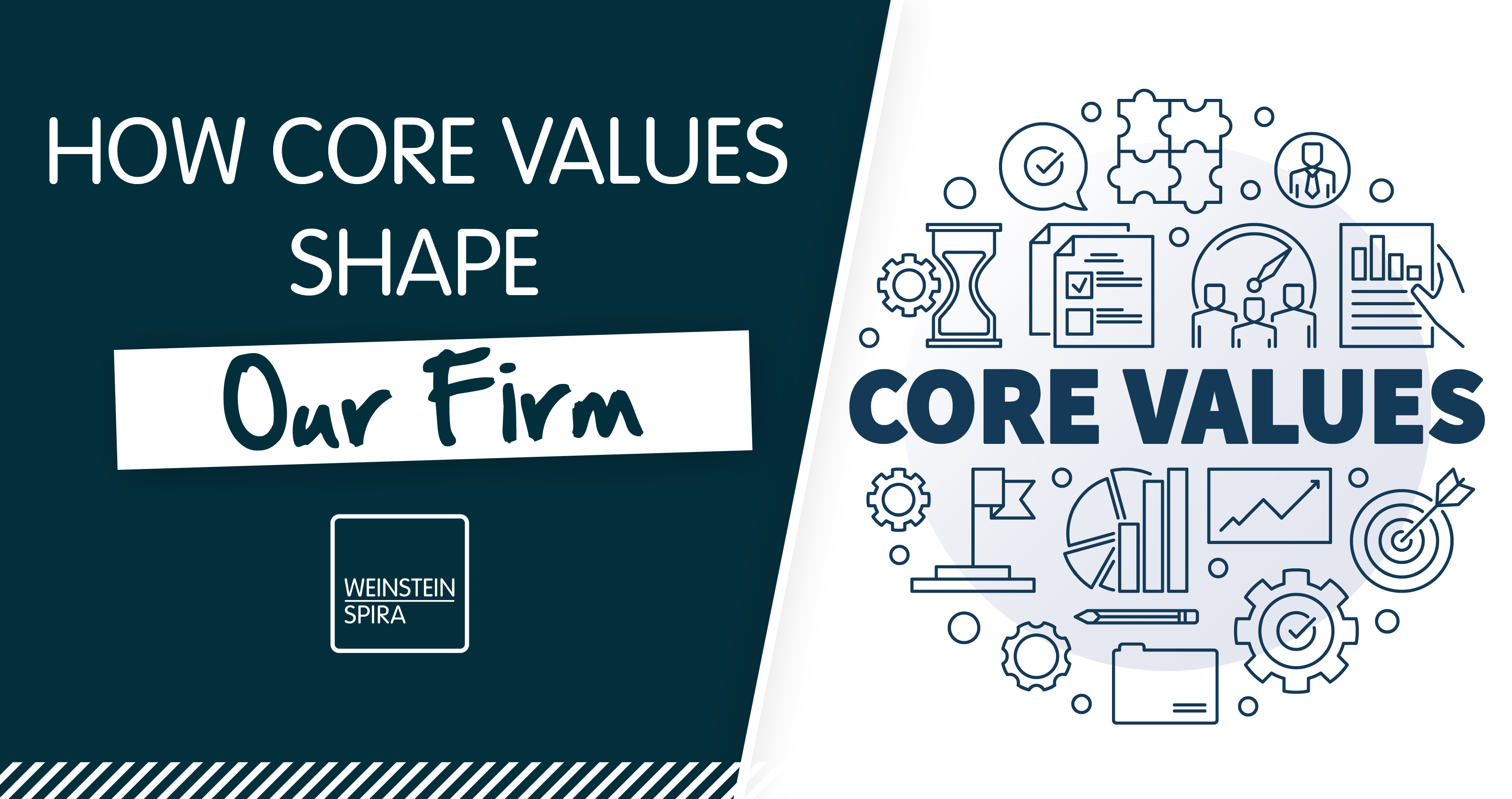It’s best to take a proactive approach at the front end when planning to acquire a target company. Any acquisition is an event that requires careful consideration and due diligence before signing on the line. To avoid problems after acquiring a given target company, there are certain things to be discussed with the potential seller that you, as the buyer, need to know in advance of making your final decision. Asking the right questions will potentially unveil hidden costs that could end up impacting the actual purchase price. This prevents post-transaction surprises, like unpaid taxes and other liabilities you don’t want to be on the hook for.
Here are some important things to consider before finalizing the deal:
-
Is it an asset purchase or a stock purchase?
Asset purchase: This type of acquisition is usually more advantageous to the buyer. An asset purchase allows the buyer to allocate the agreed upon sales price to the fair market value of the acquired assets, most of which can then be depreciated or amortized. This ensures you immediately start getting deductions for the amount paid and for years to come.
With expanded bonus depreciation rules in the 2017 Tax Act passed this last December, any consideration allocated to depreciable personal property could be immediately deductible. The seller, however, can potentially have a higher tax liability as a result of an asset sale due to tax rate differences between ordinary and capital gains. Additionally, if the seller is a C corporation, an asset sale may create a second level of tax should the selling corporation liquidate after the sale. This could impact how a purchase price is finally determined—driving it higher than you might want to pay.
Example: A seller agrees they are willing to do an asset sale for the buyer’s benefit. This means the seller has to break out all assets on the table, some of which will generate a higher ordinary tax burden, while others may come under capital gains. A stock sale is more favorable to the seller, as it is all taxed at a lower capital gains rate. To compensate for this, sellers often raise the cost on asset deals.
Stock purchase: In a stock purchase, the amount paid for a target company becomes the buyer’s basis in the stock acquired. There is no immediate depreciation or amortization of this amount. Instead, the purchase price of the stock remains on the balance sheet as an asset until the stock is sold, at which time it is netted with the sales proceeds to determine the gain. If this stock is held for longer than one year, this gain could be taxed at favorable capital gains rates (as long as you are not structured as a C corporation). Also, it is important to remember that in a stock purchase, you are acquiring the target company’s assets and liabilities. An asset purchase allows the buyer the opportunity to negotiate which, if any, liabilities will be part of the deal. -
What is the goodwill worth of the target company?
In an asset purchase, what you pay is allocated to all the different assets you purchased (receivables, inventory, intangibles, machinery, buildings, etc.) based on the relative value of those assets. But, what about the extra amount you pay for a company’s goodwill, i.e., years in business, reputation, customer base and presence in the market? This portion of the purchase can sometimes amount to more than what is paid for the tangible assets. The good news is, you can amortize goodwill, claiming this deduction over a period of 15 years.
-
What are the target company’s liabilities?
As the buyer, it is critical for you to examine the liabilities of a target company. As previously discussed, in an asset purchase, there may be liabilities that you can negotiate to not be part of the deal. A stock purchase may not offer this flexibility to the buyer, and any liabilities become the buyer’s at acquisition. Also, be sure to take time to do your due diligence and consider unrecorded liabilities. For example, look at income tax attributes, making sure there are no unrecorded federal or state tax liabilities, or any other unrecorded liabilities or contingent expenses. If there are monies owed, they will be on your dime once the acquisition is complete, unless you include an indemnification section of the purchase contract.
-
Have you consulted with a professional?
As with any complex financial activities, consulting with your CPA early in the acquisition process will help you make better decisions based on a thorough investigation of the target company. With such a significant transaction, it is essential that both the buyer and seller perform due diligence. At Weinstein Spira, our audit team is responsible for due diligence engagements and can represent either party. A “must-have” for buyers to rely on is the Quality of Earnings report, which tests what they (the seller) say against the existing documentation. The expertise of our tax team can help with asset vs. stock purchase questions as the buyer tries to decide the most tax efficient strategy.
These are a sampling of the many things to consider before purchasing a company. With such complexities and high stakes involved, there can be high-stress levels and, as is usually the case, more than meets the eye tends to creep up the more you look. It can be reassuring to seek professional auditing services and tax advice to walk through the acquisition process, get questions answered, help mitigate factors that could come back to bite you later on and generally be more efficient. The way I see it, after 15 years of representing clients on both sides of the transaction, accountants also play a key role as a sounding board, with the ability to help clients feel comfortable in uncomfortable situations like this. It’s not just about the numbers!



